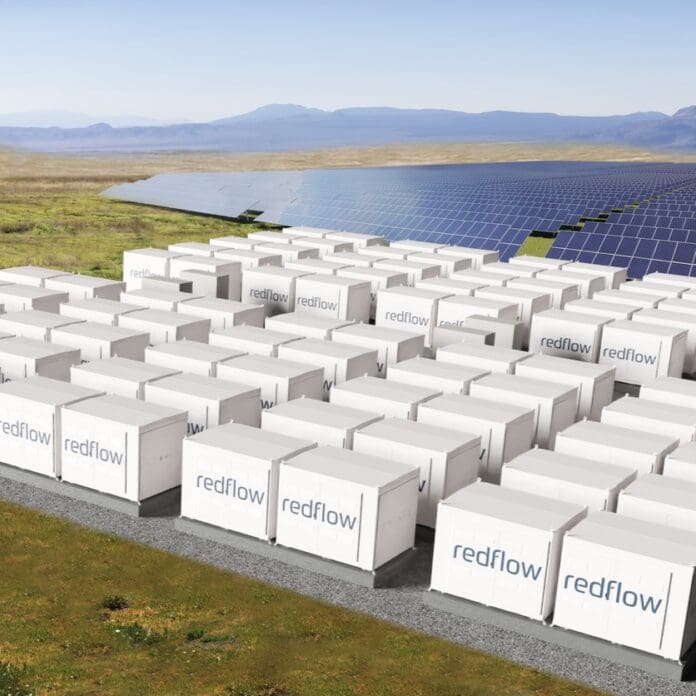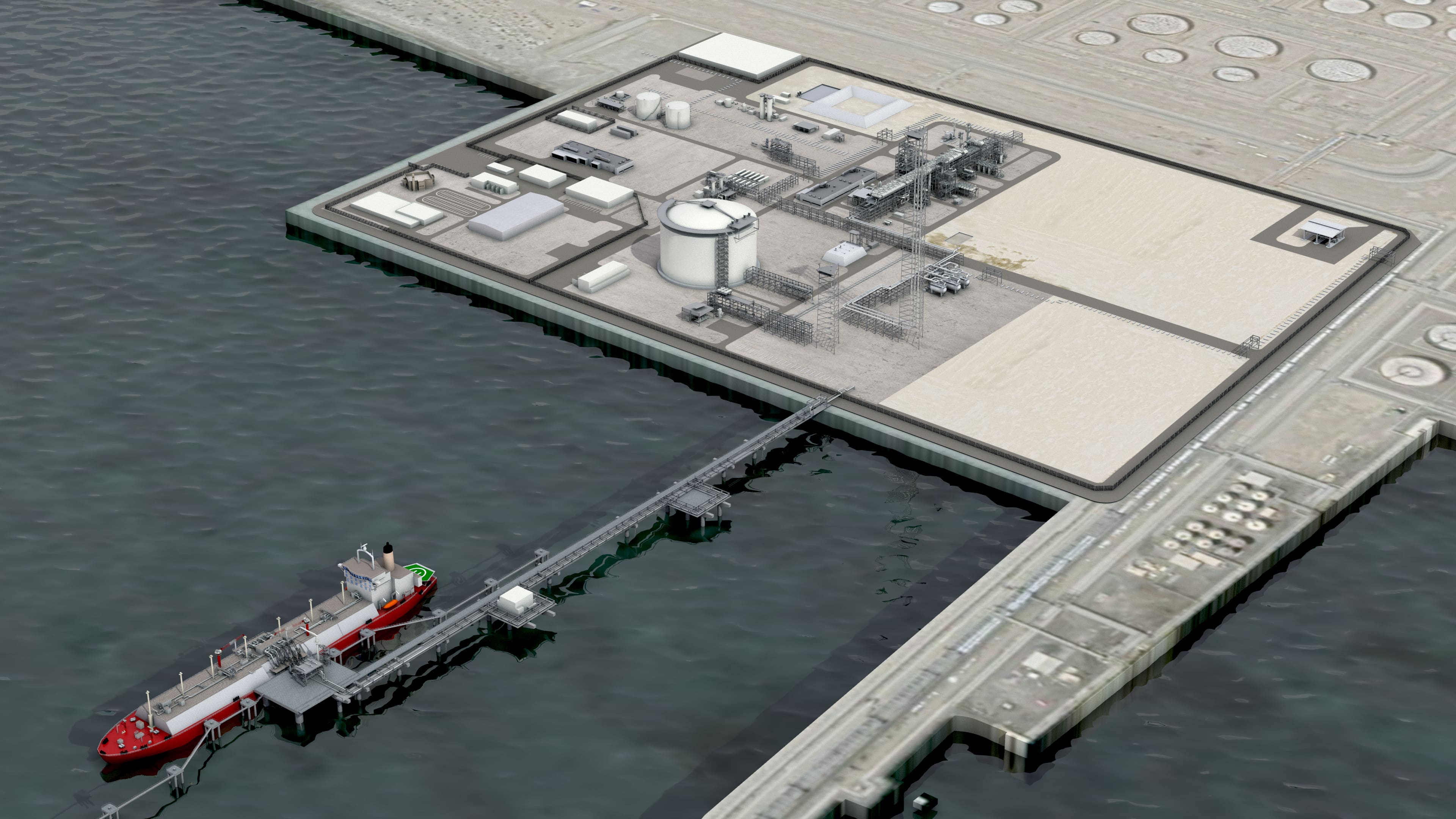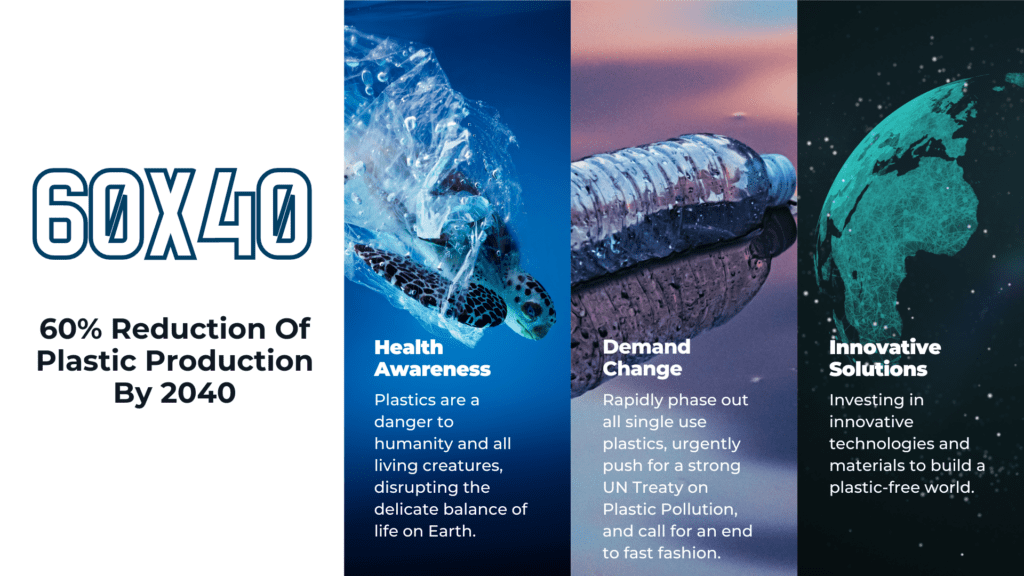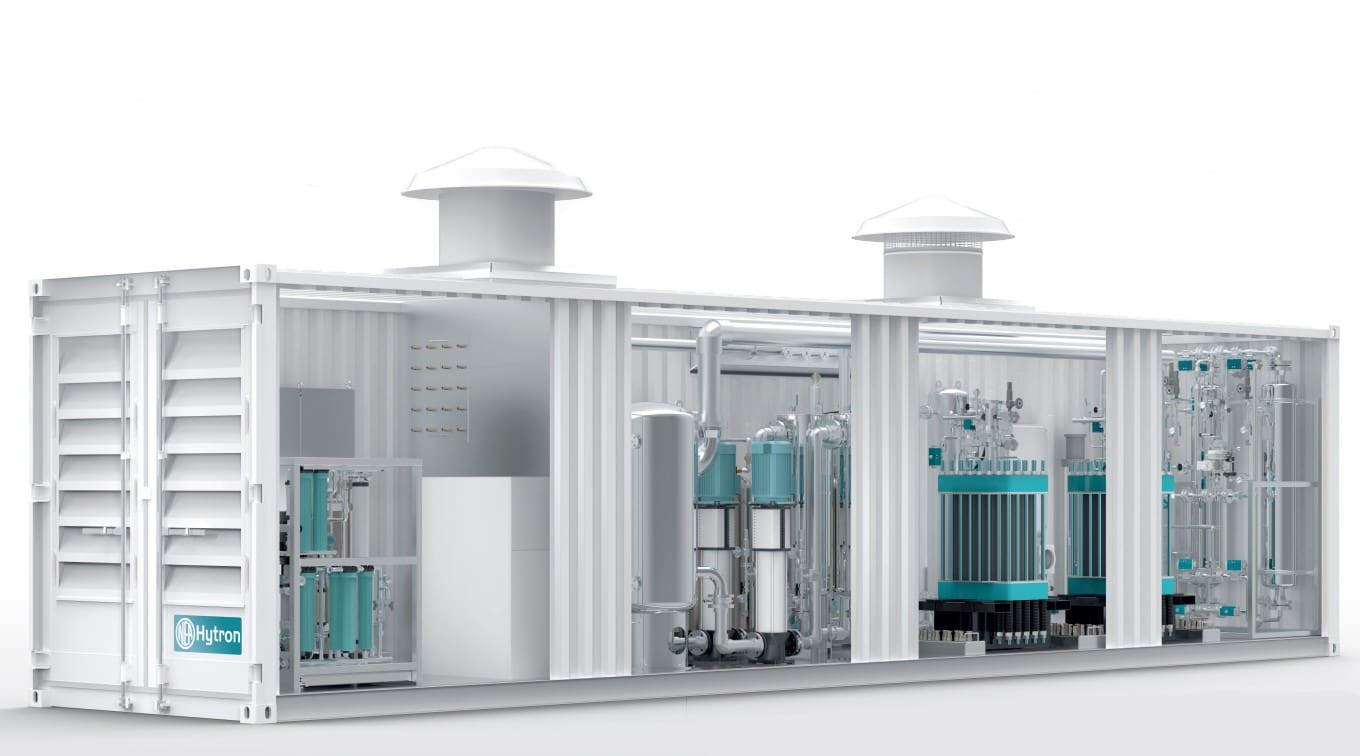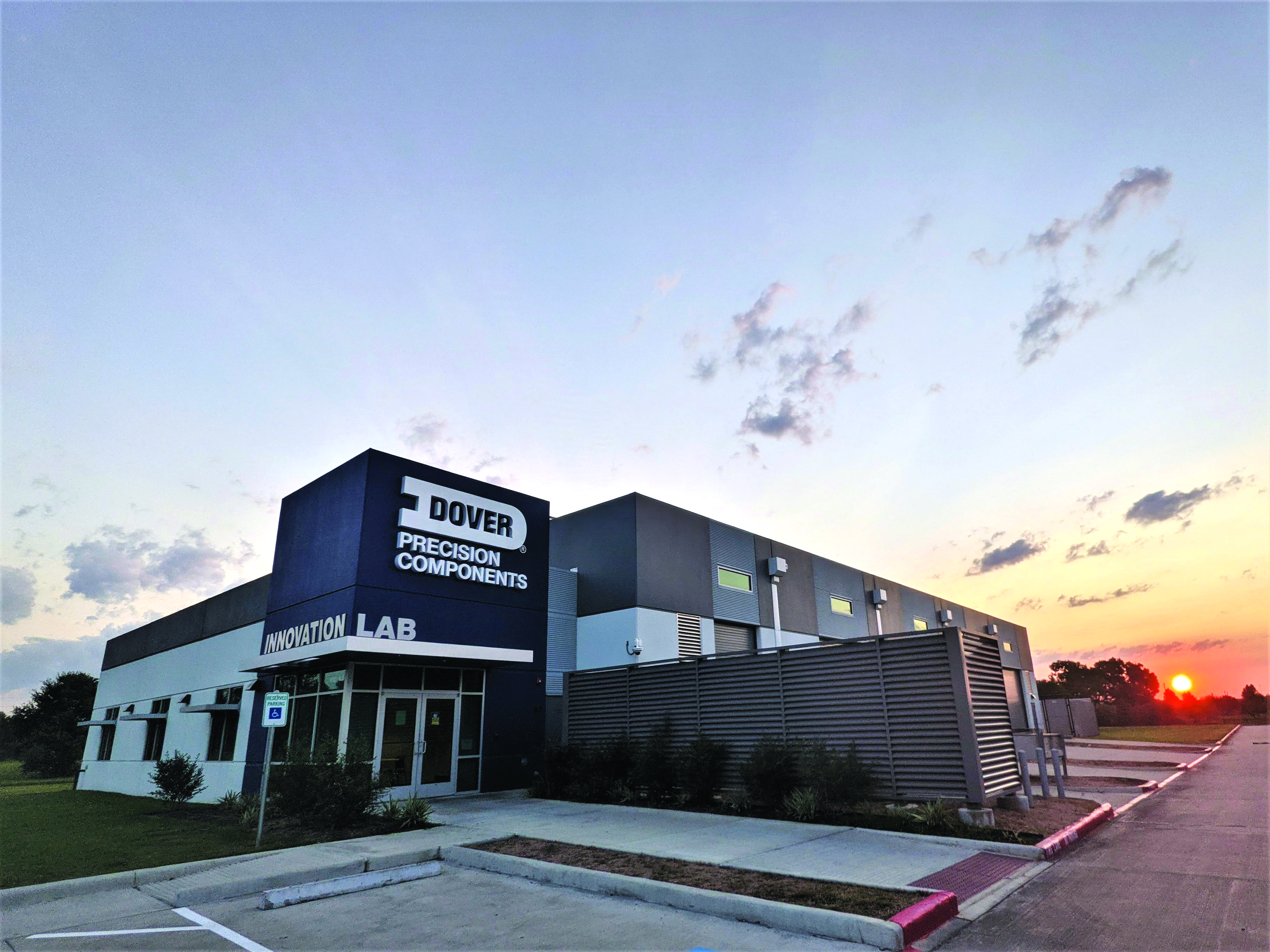The US Department of Energy (DOE) has approved funding for a 34.4-MWh, long-duration energy storage (LDES) microgrid project in which Redflow Limited (Redflow), a clean energy storage provider, has been named as the battery provider. The project is part of the DOE’s US$325 million LDES program that seeks to advance critical clean energy technologies, expand the adoption of renewable energy resources, and strengthen energy security.
The Children’s Hospital Resilient Grid with Energy Storage (CHARGES) project will enable the Valley Children’s Hospital in Madera, California, to replace diesel generators with cleaner, more cost-effective resources at the hospital facility. The project will provide a roadmap for hospitals and critical infrastructure throughout the country to implement similar projects. Redflow will collaborate on the system with its project development partner, Faraday Microgrids. The project is being sponsored by the California Energy Commission (CEC).
Valley Children’s Hospital in Madera is the only full-service pediatric facility in California’s Central Valley and regularly faces extreme heat conditions, drought, coastal smog, and poor air quality. The energy storage and solar microgrid will help the hospital better serve the region’s residents, even during power interruptions. This project contributes to California’s goal of installing 45 to 55 GW of long-duration energy storage by 2045 to support grid reliability and the clean energy transition.
“Our batteries are suited for daily use in the Central Valley’s extreme heat, and we’re proud to provide the resources the hospital needs to ensure safe, reliable operations,” said Tim Harris, chief executive officer (CEO) and managing director of Redflow. “This combination of our technology, Faraday’s microgrid solutions, and the funding provided by the CEC and DOE all assist in transitioning communities to a cleaner, more energy-efficient future. We are delighted to see this project progress forward and support another community with renewable energy.”
The system is expected to maintain critical hospital operations during utility outages or shortages not attributable to earthquakes. In the event of obligatory natural gas or fuel cell shut offs during seismic events, the systems will maintain facility operations for at least 18 hours after earthquakes.
In addition to Redflow batteries, the microgrid will be paired with other renewable energy resources to support decarbonization, result in cost savings for the hospital, provide resilient infrastructure for the hospital in case of natural disasters and power outages, and provide overall grid benefits.
“We’ve set strong performance goals for this installation,” said Faraday CEO David Bliss. “Our team is looking forward to building upon our partnership with Redflow to deliver this and other projects, such as the 20-MWh battery and 5-MW solar microgrid for the Paskenta Band of Nomlaki Indians. We’re confident in our partnership’s capabilities to successfully deliver large, resilient, dispatchable 24/7 clean energy microgrids to health care facilities, tribes, and other large-grid customers throughout California and the United States.”



